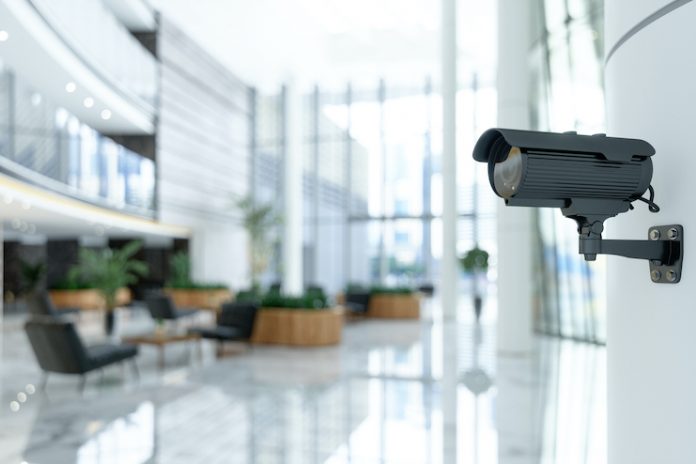
With COVID-19 restrictions beginning to lift globally, most hotels may soon have long-awaited full openings of dining, event, and common areas if no new variants crop up and cause infection rates to climb once again. Plans to open and create more welcoming environments and greater stay experiences for guests will help to increase hotel occupancy rates worldwide. Although higher occupancy means greater hotel profitability, busier lobbies and floors also create more opportunities for insider and outsider security threats and breaches that can negatively impact profitability. The ideal time is now to conduct a complete review of all security measures in place at hotel properties to provide safer and more secure guest experiences.
A comprehensive hotel master security plan is crucial to ensure that employees and guests are protected from theft, data breaches, vandalism, and bodily harm. A master security plan requires careful coordination, collaboration, and communication of all security initiatives and protocols for all employees. The master security plan also needs regular review, auditing, and amending when necessary. Scheduling and conducting security reviews monthly, quarterly, or semi-annually offers the potential for more timely preventative solutions to reduce hotel security incidents.
To help prevent hotel security incidents and to maximize employee roles in assisting guests during emergencies, include these four tips in a hotel security plan audit:
1Train Staff Regularly
All hotel employees, including new hires, need an immediate in-depth understanding of security protocol, how and when to use on-site security equipment, and know their roles in keeping themselves and guests safe. Maximizing employee accountability and providing regular, proactive training for employees helps to prevent insider and outsider threats. Regular security training and even security drills also keep information top-of-mind, which can potentially save lives too.
2Check All Equipment
Smoke detectors, carbon monoxide detectors, equipment rooms, electricals, HVAC, and lighting elements all need routine maintenance and regular checks. So does security equipment. Video surveillance cameras, access control systems, key control systems, guard tour systems, and alarm systems always need to be in working order. Malfunctioning security equipment provide prime opportunities for thieves to slip inside restricted areas of the hotel where they can find a hiding place and strike at any time.
3Conduct Third-Party Security Audits
Objective security reviews of a hotel property by third-party security professionals, especially when space opens back up after COVID restrictions are lifted or after hotel renovations, can often uncover areas that have been overlooked. Perhaps computer server rooms need more protection with physical security along with the cybersecurity that has already been installed, or maybe even the kitchen knives and other potential weapons need to be accounted for and locked away, only to be used by authorized personnel.
4Integrate Existing Security Systems
Security technology needs interoperability and integration to provide crucial information to get an immediate big picture of what is happening inside and outside the entire hotel facility. When security systems are integrated, a continuity of critical information during security breaches allows a more coordinated and faster response time to theft, vandalism, and intrusions into unauthorized areas. The best security solutions for hotel operations address compliance and safety with connectivity between all departments, accountability among employees, and appropriate usage of on-site security technology. Integration of all security equipment provides more timely information to know what is happening in actual time 24/7.
Although it is not possible to 100-percent avoid every instance of compromised security and theft, engaging all hotel staff members with appropriate training and actions, having the right security technology installed and integrated, and conducting regular security audits, will significantly reduce security vulnerabilities and potentially save lives. Improved communication and detailed response plans will also create a more cohesive and accountable team of hospitality employees who know how to keep a watchful eye on guests, colleagues, and their own actions to create a safer and more secure hotel environment.
About the Author
Marcey Tweedie, Marketing Specialist, Morse Watchmans has nearly four decades of marketing communications and writing experience. She is a six-year employee of Morse Watchmans, Inc., a global electronic key control and asset management company.
Sponsored by Morse Watchmans











